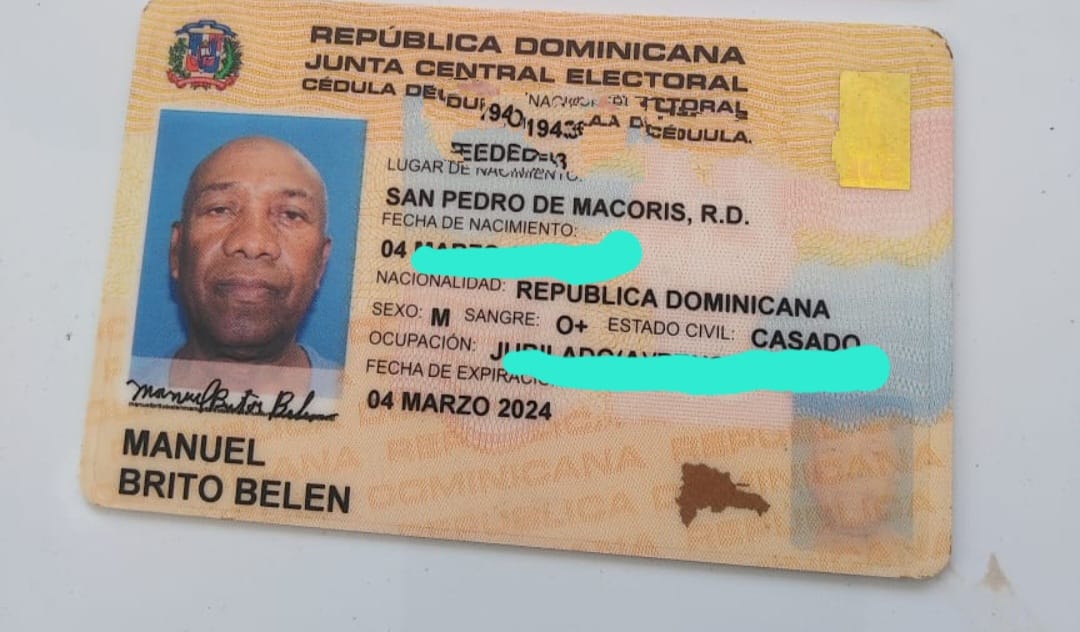Banking, Saving and Retirement Plans: An Overview
The concept of banking, saving, and planning for retirement is fundamental to personal finance management. In today's world, managing one's finances has become a necessity, and the earlier one starts, the better. With the right combination of banking, saving, and retirement planning, individuals can ensure financial stability and independence in their golden years.
Banking
Banking is a critical component of personal finance management, and the right banking relationship can help individuals manage their money effectively. When it comes to banking, individuals have several options, including traditional banks, online banks, and credit unions. The choice of a banking institution should be based on an individual's financial needs and goals.
Traditional banks offer a range of services, including checking and savings accounts, personal loans, mortgages, and investment services. Online banks, on the other hand, are typically more convenient, with many offering competitive interest rates on savings accounts and other financial products. Credit unions are non-profit organizations that offer a range of financial services to members. They tend to have lower fees and more personalized customer service than traditional banks.
Regardless of the type of banking institution an individual chooses, it's essential to compare options and understand the fees, interest rates, and services offered.
Saving
Saving is crucial for financial stability and independence. With the right savings plan, individuals can build an emergency fund, save for a down payment on a home, or pay for unexpected expenses. The key to effective saving is to make it a habit and to start as early as possible.
One of the most popular savings options is a high-yield savings account. These accounts typically offer higher interest rates than traditional savings accounts, and the interest earned on the balance is compounded daily. Another popular savings option is a certificate of deposit (CD), which is a type of savings account that pays a fixed interest rate for a specific period. CDs typically offer higher interest rates than savings accounts, but the funds are locked up for the term of the CD, and early withdrawal may result in a penalty.
Saving for retirement is also critical. A retirement savings plan such as an individual retirement account (IRA) or a workplace retirement plan like a 401(k) can help individuals save for their future. Both IRAs and 401(k)s offer tax benefits and the potential for long-term growth. It's essential to start saving for retirement as early as possible and to contribute regularly to take full advantage of compound interest.
Retirement Planning
Retirement planning is an essential aspect of personal finance management. It involves estimating how much money an individual will need to live comfortably during retirement and determining the best strategies to achieve that goal.
The first step in retirement planning is to determine how much money an individual will need in retirement. This amount should be based on the individual's current expenses, future expenses, and desired lifestyle during retirement. It's essential to factor in inflation, which can erode the purchasing power of money over time.
Once an individual has determined the amount needed for retirement, the next step is to determine the best way to save for it. This may involve a combination of various savings and investment options, including IRAs, 401
santos2163@gmail.com
keep going
(k)s, stocks, bonds, mutual funds, and annuities. Each of these options has its own benefits and drawbacks, and it's essential to understand them and choose the best options based on an individual's risk tolerance, time horizon, and financial goals.
Another important aspect of retirement planning is to create a retirement budget. This budget should include estimated expenses for housing, food, healthcare, transportation, and other necessities. It's also essential to factor in any fixed costs, such as property taxes, insurance, and utilities. The retirement budget should be reviewed regularly to ensure that it remains realistic and that the individual is on track to achieve their retirement goals.
Finally, it's essential to have a plan for managing the retirement savings once it's been accumulated. This may involve a combination of spending and investing, with the goal of ensuring that the savings lasts as long as the individual needs it. A financial advisor can be a valuable resource in developing a retirement income plan that is tailored to an individual's specific needs and goals.
In conclusion, banking, saving, and retirement planning are critical components of personal finance management. With the right combination of these strategies, individuals can ensure financial stability and independence in their golden years. It's never too early to start planning for retirement, and individuals should start by understanding their financial needs and goals, choosing the right banking and saving options, and developing a comprehensive retirement plan.













